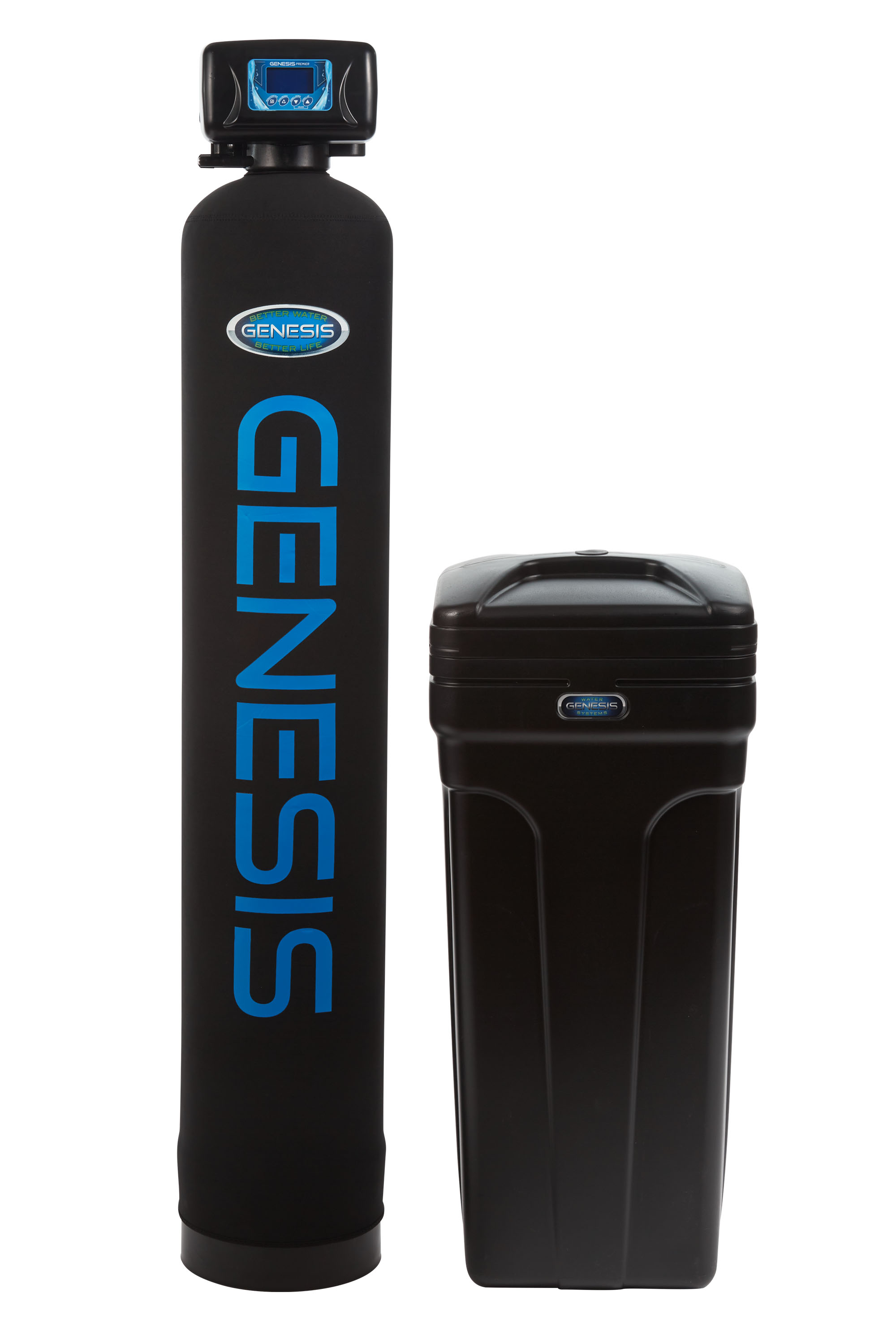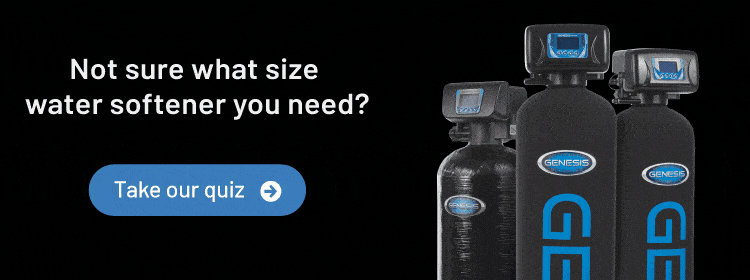Water Softener vs. Reverse Osmosis - What's the Difference?
Posted by Discount Water Softeners on May 13th 2021
What is Reverse Osmosis?
Reverse osmosis (RO) is an advanced water treatment process that frees water from the chemicals, bacteria and minerals that make it unhealthy to consume. During this process, pressure is used to push water through semipermeable membranes. This allows purified water to pass through while at the same time, reject impurities. Reverse osmosis is beneficial in recycling and wastewater treatment. RO systems for a home combines membrane technology with carbon filtration to produce highly purified, clean water for drinking, cooking, and cleaning.
Reverse osmosis drinking water has passed through up to three carbon filters before entering your tap. This improves the taste, smell, and appearance of your home’s water by removing foreign contaminants, solid substances, and large molecules. Moreover, it helps to remove some harder-to-detect contaminants that can be harmful to your health, such as lead and arsenic. Reverse osmosis also can remove salt that has been added to water by a water softener.

What is Water Softening?
Hard water is water that contains varying levels of calcium, magnesium, and other minerals. These minerals can build up in plumbing, appliances, and showers, and greatly reduce their lifespan or cause costly repairs. Water softening is a process that removes high amounts of hard minerals from water. A water softener removes calcium and magnesium ions and replaces them with sodium ions in a process called ion-exchange.
Hard water is typically safe enough to consume, but it can clog up your pipes, leave a filmy residue on your skin and hair, and affect water’s ability to lather in washing machines, showers, and sinks. If you see a buildup of chalky white residue on faucets, notice your white clothing looking dingy, or your dishes have a film on them after they’ve been through the dishwasher, you probably have hard water and could benefit from using a water softening system. Hard water is a common and potentially serious problem. Fortunately, a water softener is an effective and affordable solution.

Reverse Osmosis + Water Softener
The fact is that around 85% of Americans have some form of hard water. This means they have varying levels of calcium, magnesium, and other minerals in the water running through their homes and businesses. The only way to truly rid your home of hard water is through the ion-exchange process used in water softening.
Reverse osmosis technology will remove some hard minerals from your water, but in homes with hardness levels above 7 grains per gallon, the lifespan of membranes in an RO filter are significantly shortened when used to remove calcium and magnesium minerals. Hard water has the same destructive effect on reverse osmosis membranes as it does on your appliances and plumbing.
Reverse osmosis filters and water softeners complement each other well because of where their strengths lie. For example, we know that a water softener removes calcium and magnesium by adding sodium to water. Calcium and magnesium are two of the hardest minerals for an RO membrane to remove; this is what a water softening system does best. A water softener will extend the life of your RO system by removing hard minerals, and the sodium added by a softener is easily removed by an RO membrane. In fact, 98% of the sodium that a softener adds can be removed by reverse osmosis.
Sending pre-treated water from a whole home water softening system to an RO unit saves homeowners thousands in costly repairs and replacement of appliances. A water softener protects a reverse osmosis unit by filtering minerals before they ever reach it. Not only does one system protect the other, they also protect the health of homeowners and their water-using appliances.
Reverse osmosis takes water softening a step further by ensuring that the water contains less sodium and is free of toxins. Most bottled purified water is simply tap water that has been purified by the reverse osmosis process. RO technology is used all over the globe to aid in providing clean water, and has historically been employed to desalinate water from the ocean. Today, it’s commonly used for families to enjoy the best quality drinking water possible.

